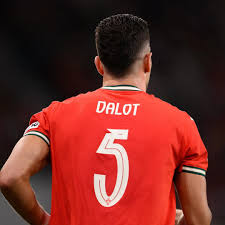Exploring the Relationship Between Portugal and Irlanda

Introduction
The relationship between Portugal and Ireland has significantly evolved over the years, rooted in a shared European identity and cultural exchange. As both countries continue to navigate the complexities of European politics and global issues, understanding their bilateral dynamics is increasingly relevant.
Historical Context
Historically, Portugal and Ireland have enjoyed cordial relations since the late 20th century. Both countries became European Union members in 1986, which catalyzed their political and economic collaboration. They share similar stances on crucial issues such as migration, trade, and social policies. The cultural connections between the two nations also run deep, often showcased through festivals and cultural exchanges.
Recent Developments
In recent years, the partnership has grown stronger, particularly in the aftermath of the COVID-19 pandemic, which highlighted the need for countries to work together in addressing global challenges. In 2022, Portugal and Ireland established several initiatives to bolster their trade agreements, focusing on technology, renewable energy, and agriculture.
The trade between the two nations has shown promising growth, with Irish exports to Portugal increasing by 15% last year, while Portuguese exports to Ireland rose by 20%. These trends indicate a mutual recognition of the strengths that each nation brings to the table, especially in sectors that are becoming increasingly important in a post-pandemic world.
Collaborative Initiatives
Both countries are not just looking at economic partnerships but also focusing on collaborative initiatives addressing climate change. Portugal’s experience in renewable energy, especially solar and wind technologies, complements Ireland’s efforts to transition to a low-carbon economy. Their collaborative projects in sustainable agriculture and climate action have garnered interest across Europe.
Conclusion
The evolving relationship between Portugal and Ireland signifies their commitment to a shared future within the European framework. As both countries face unprecedented challenges, their partnership is likely to deepen, paving the way for more economic collaboration, cultural exchange, and joint efforts in tackling global issues. Readers can look forward to observing how these two nations navigate their future interactions, potentially serving as a model for other EU member states.









